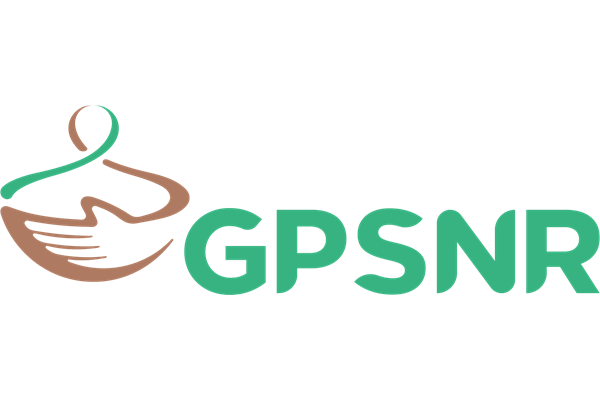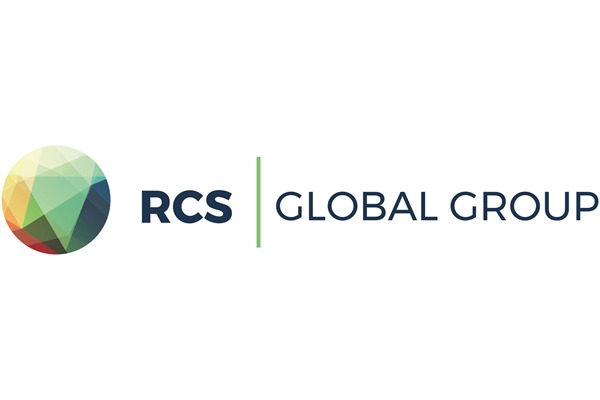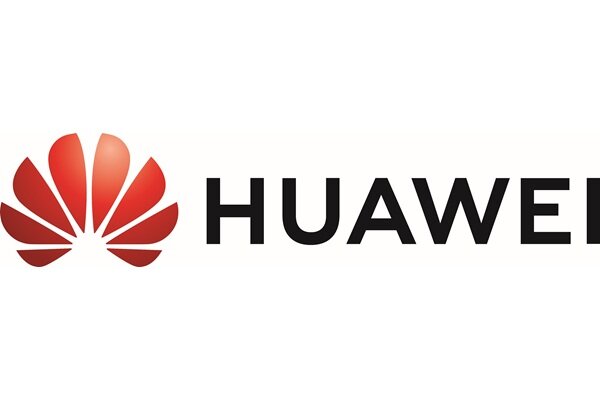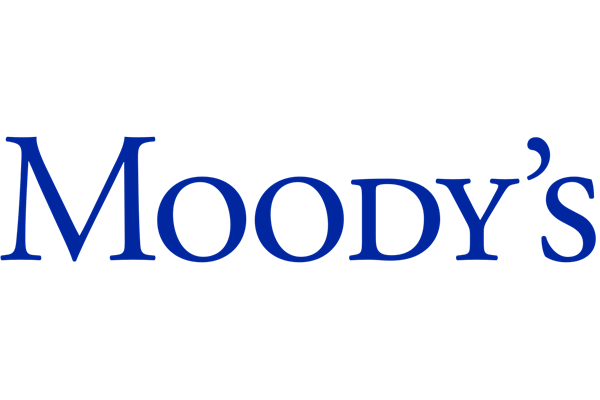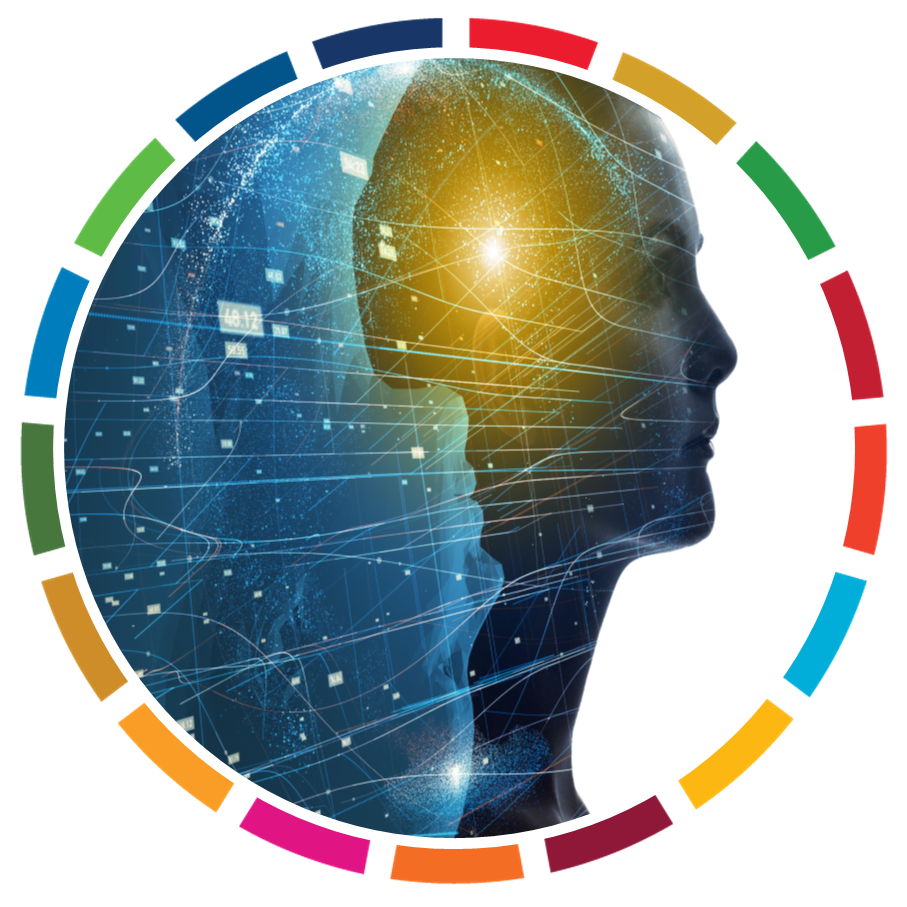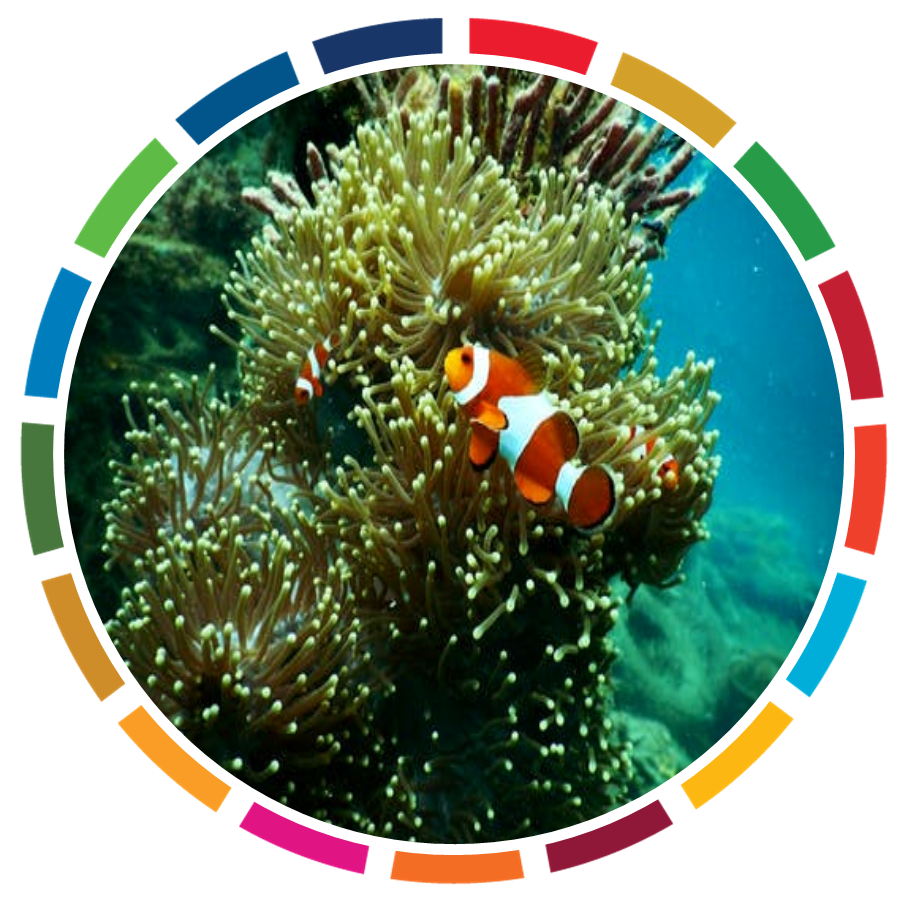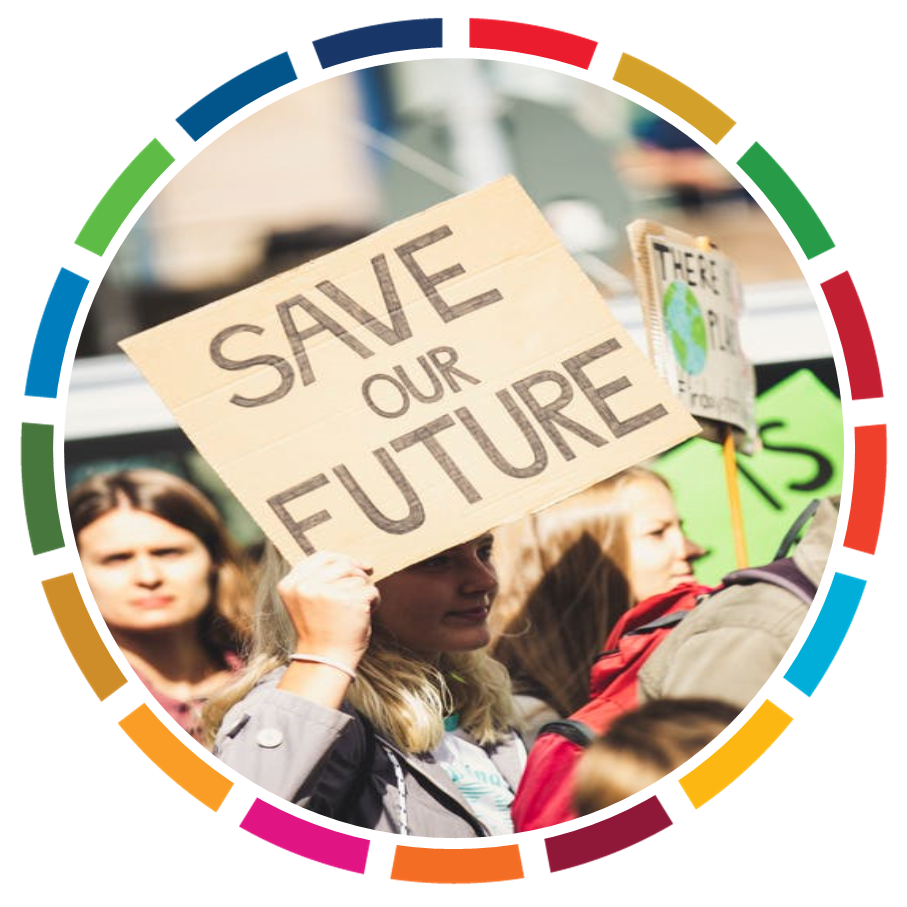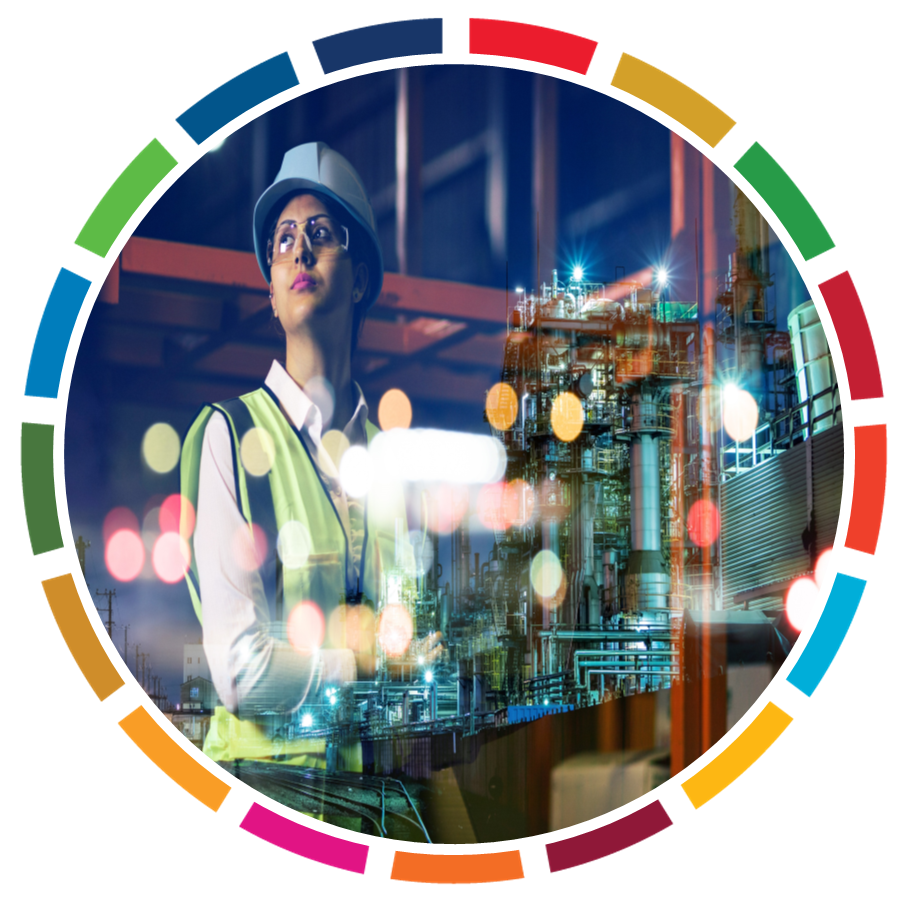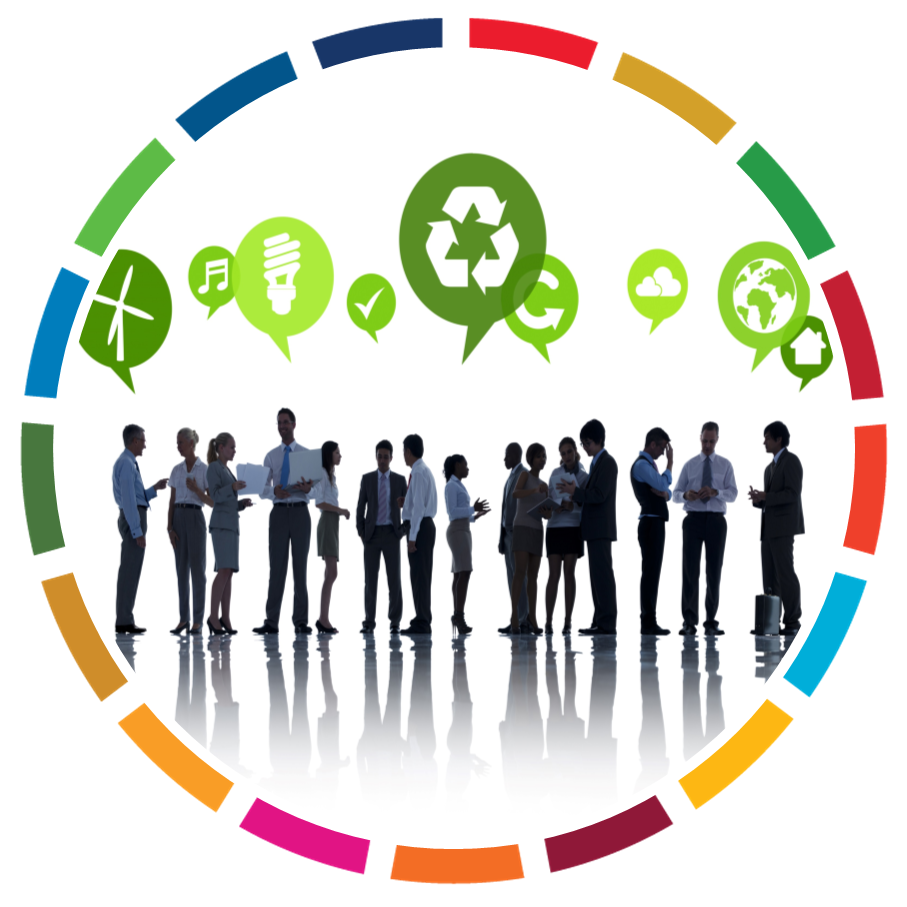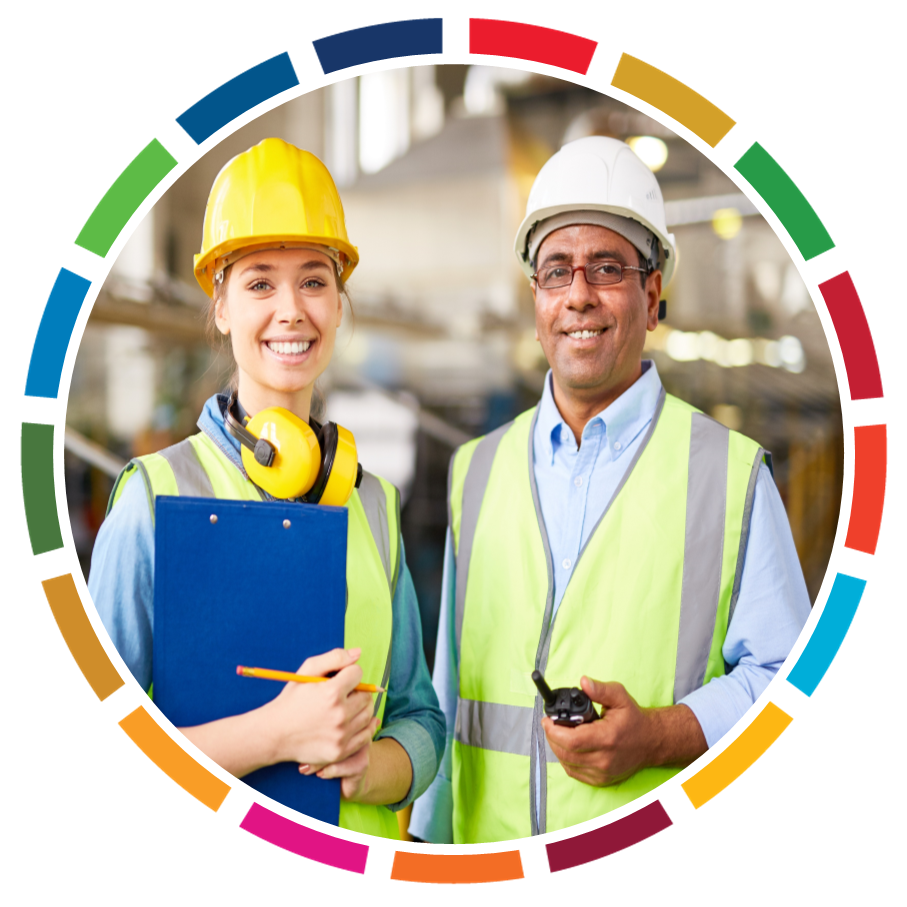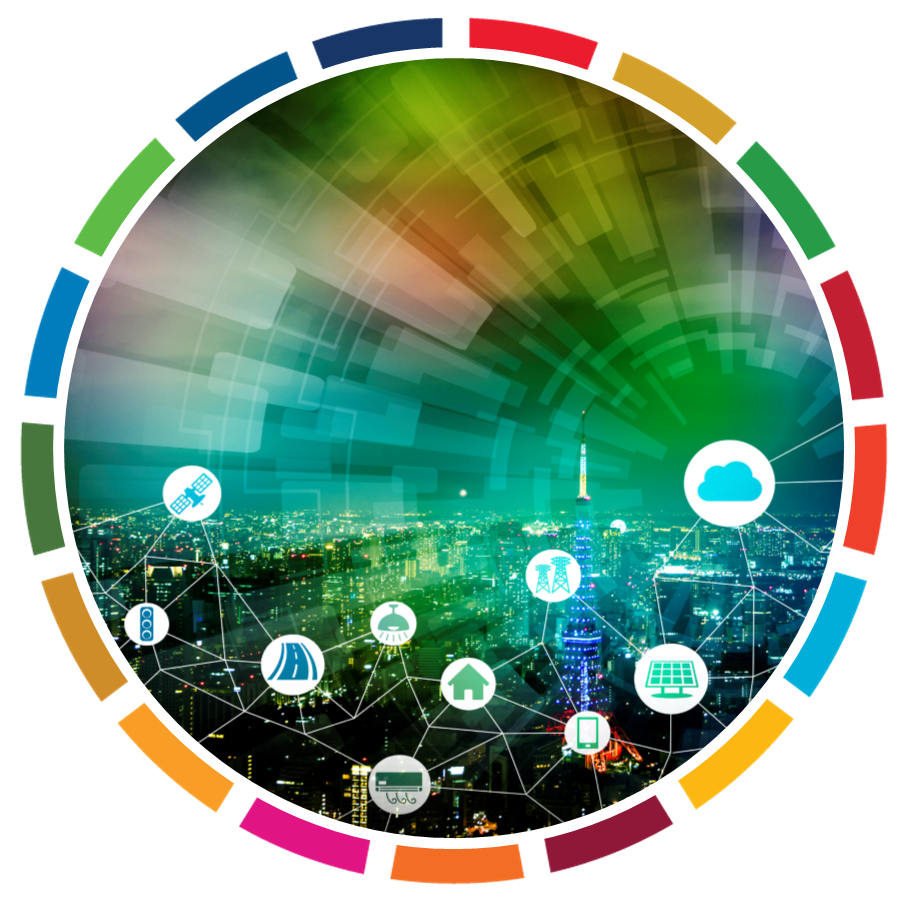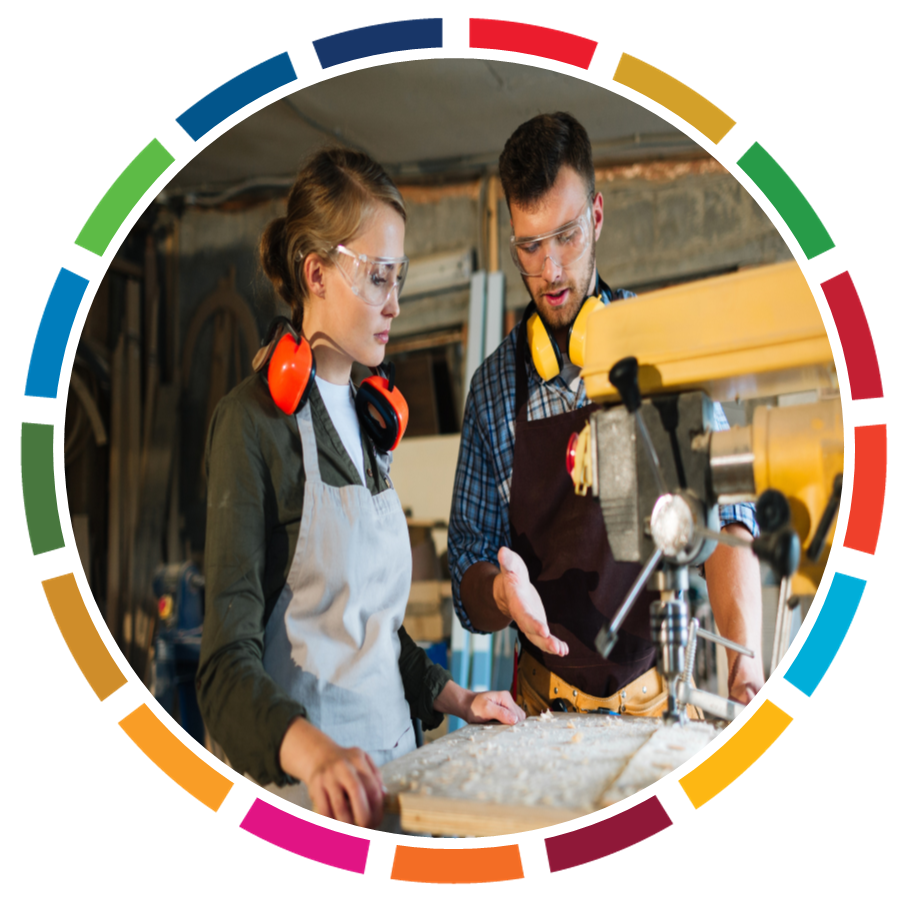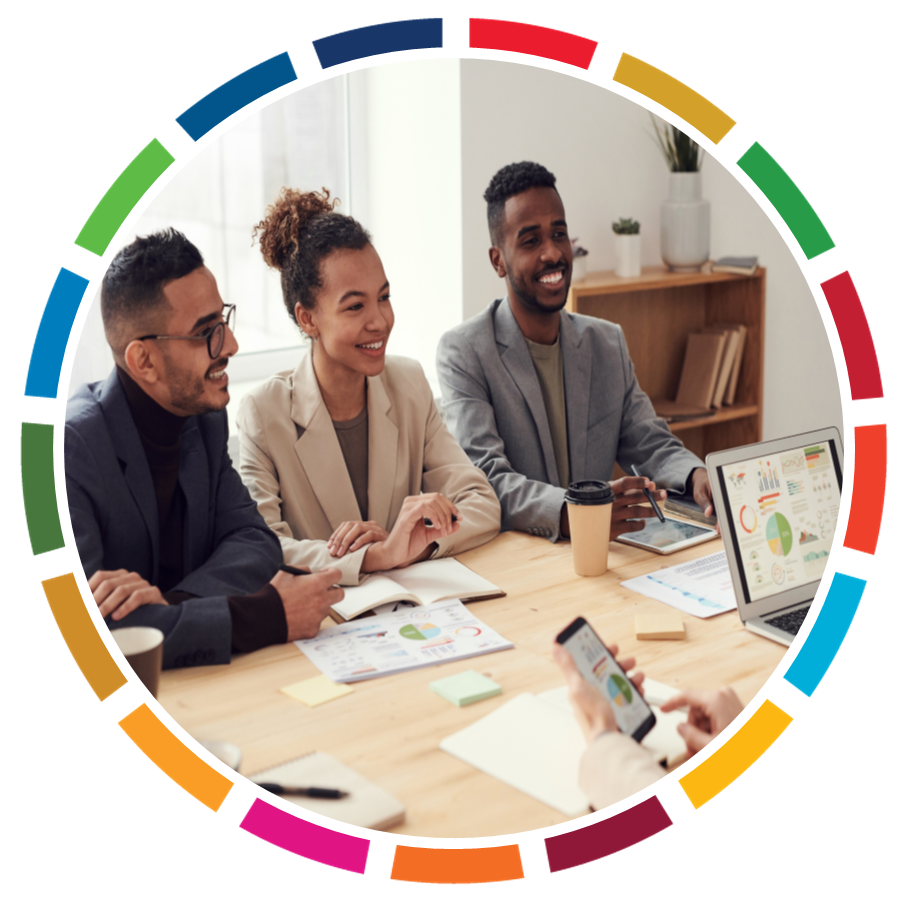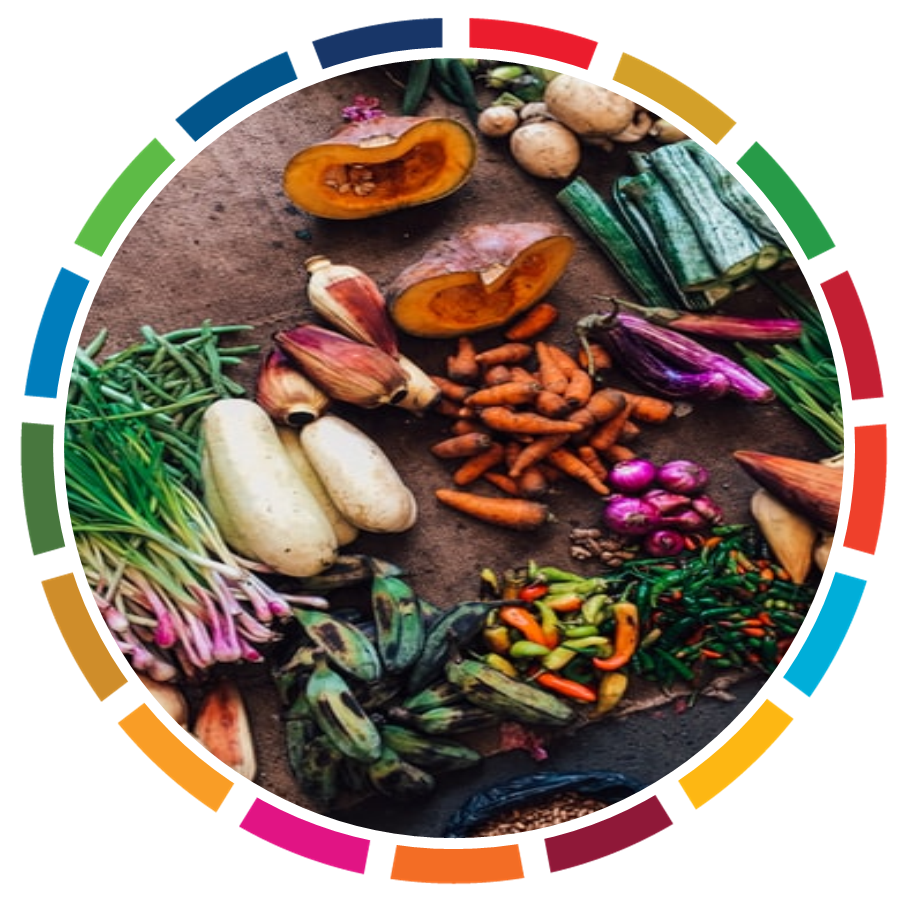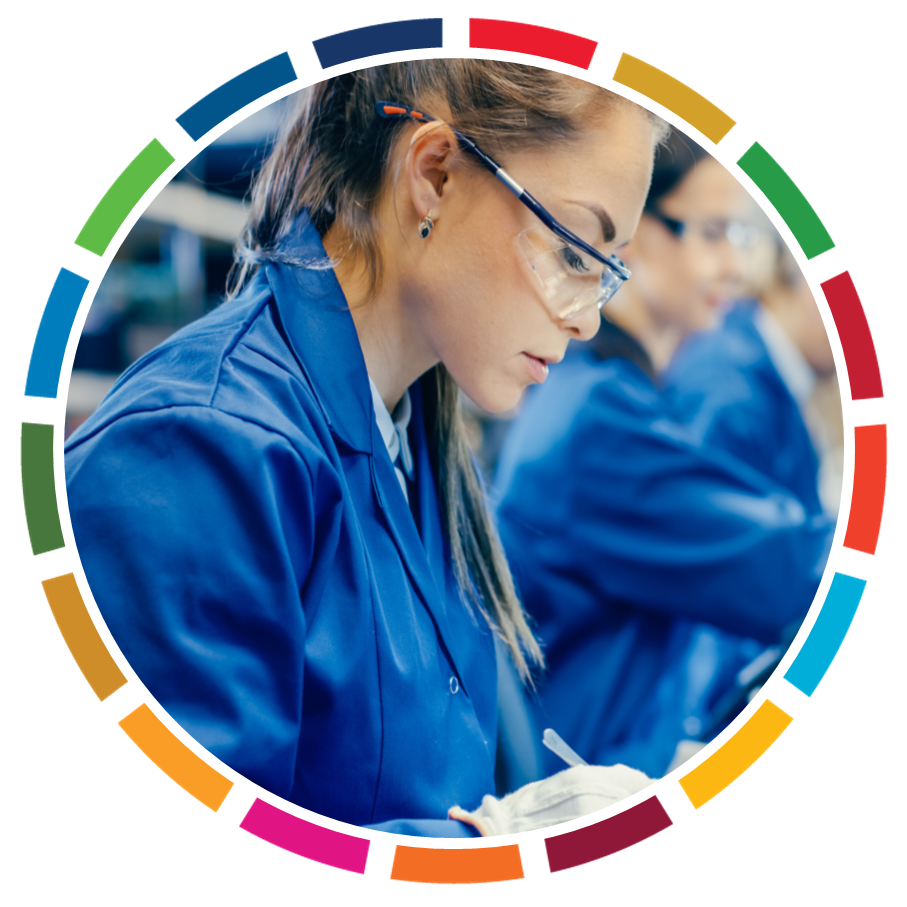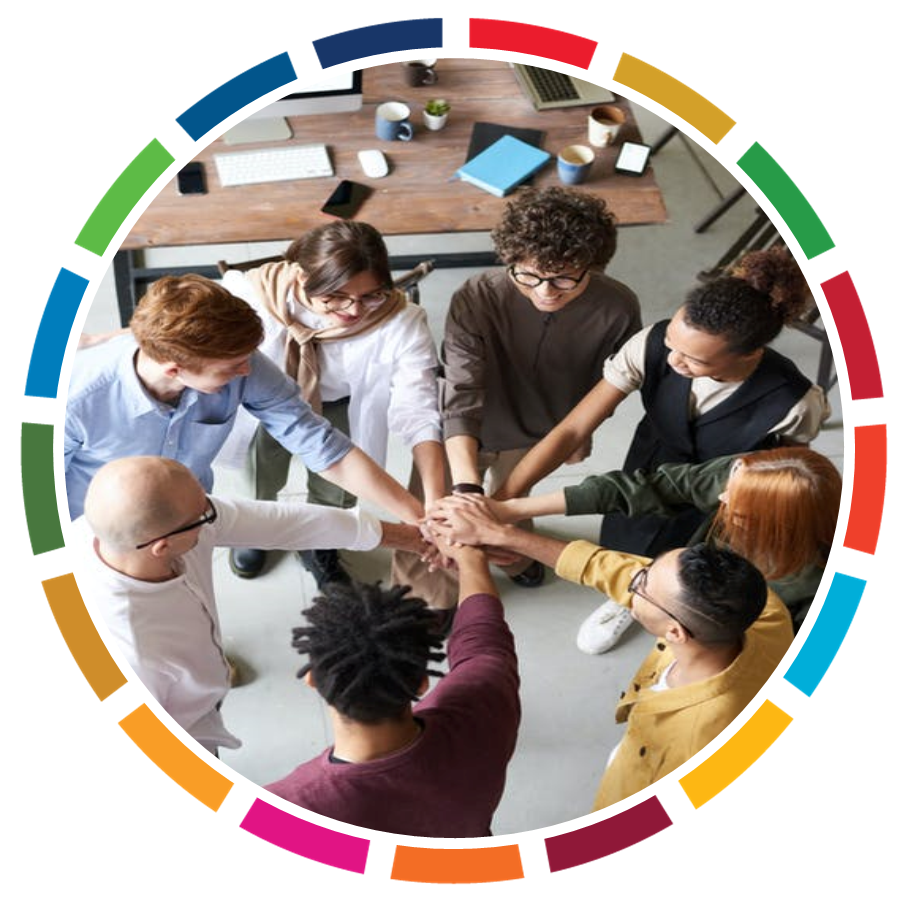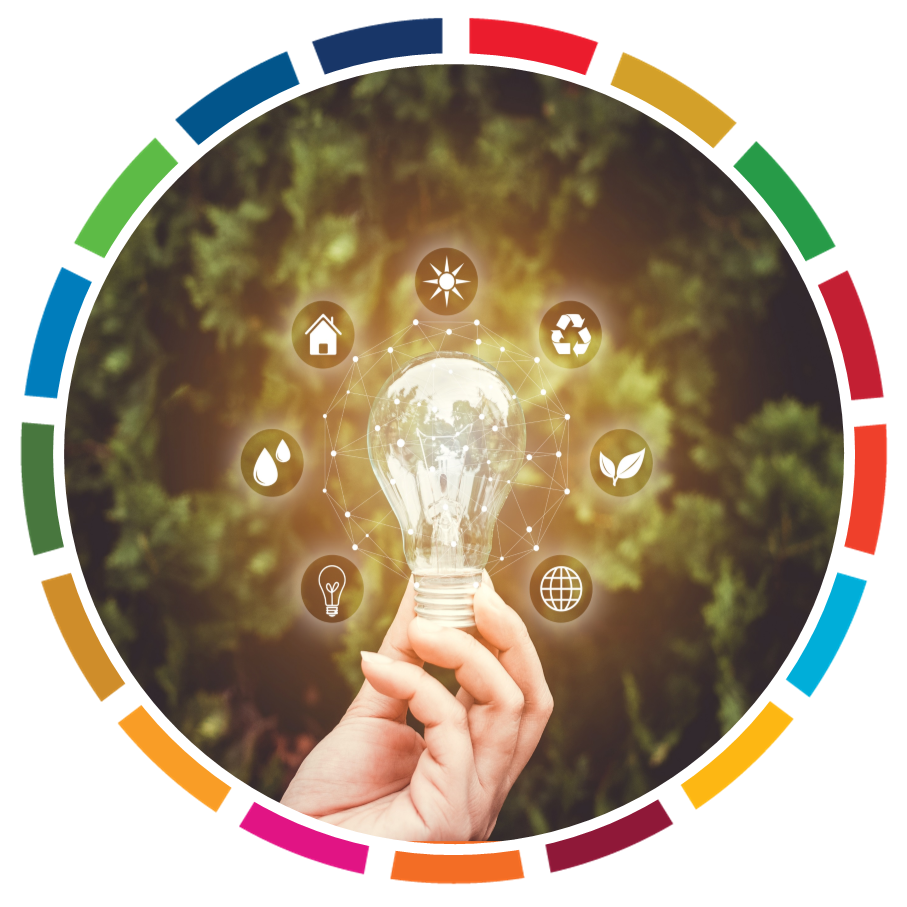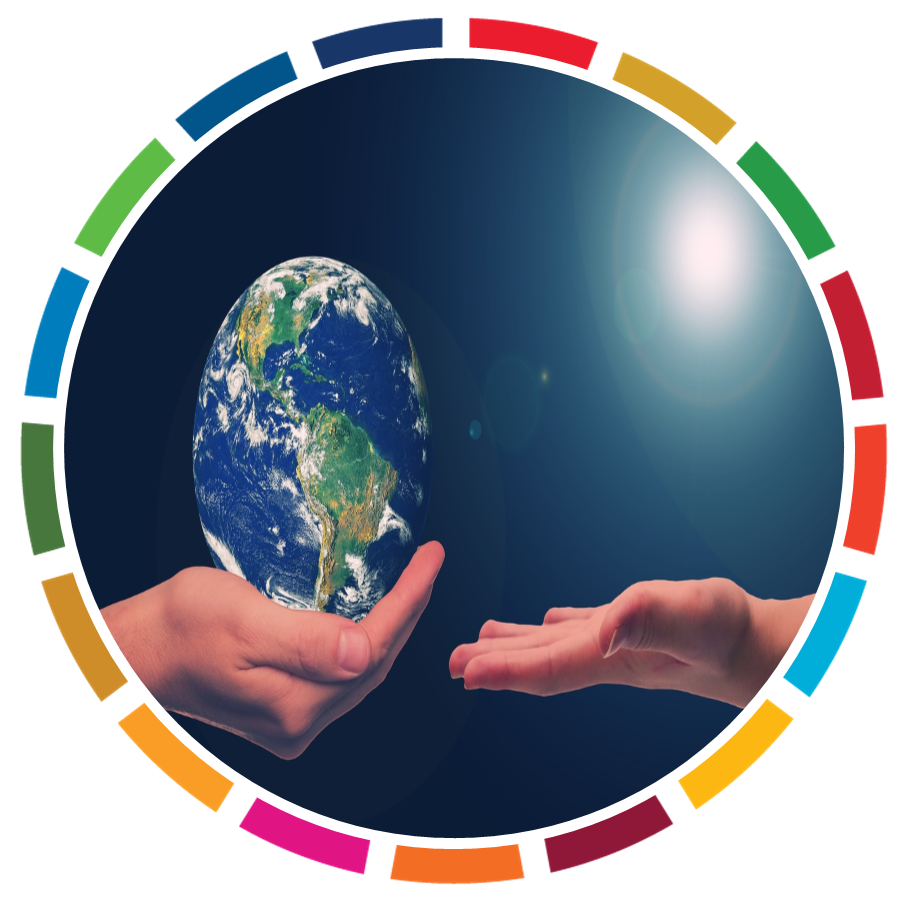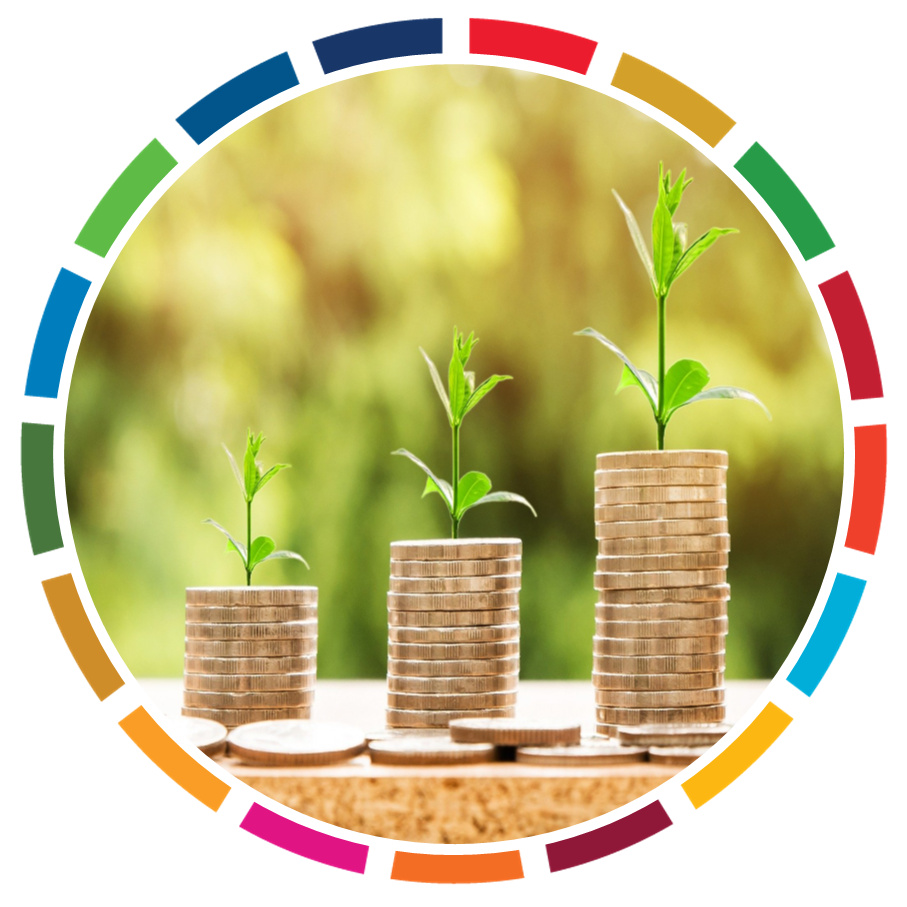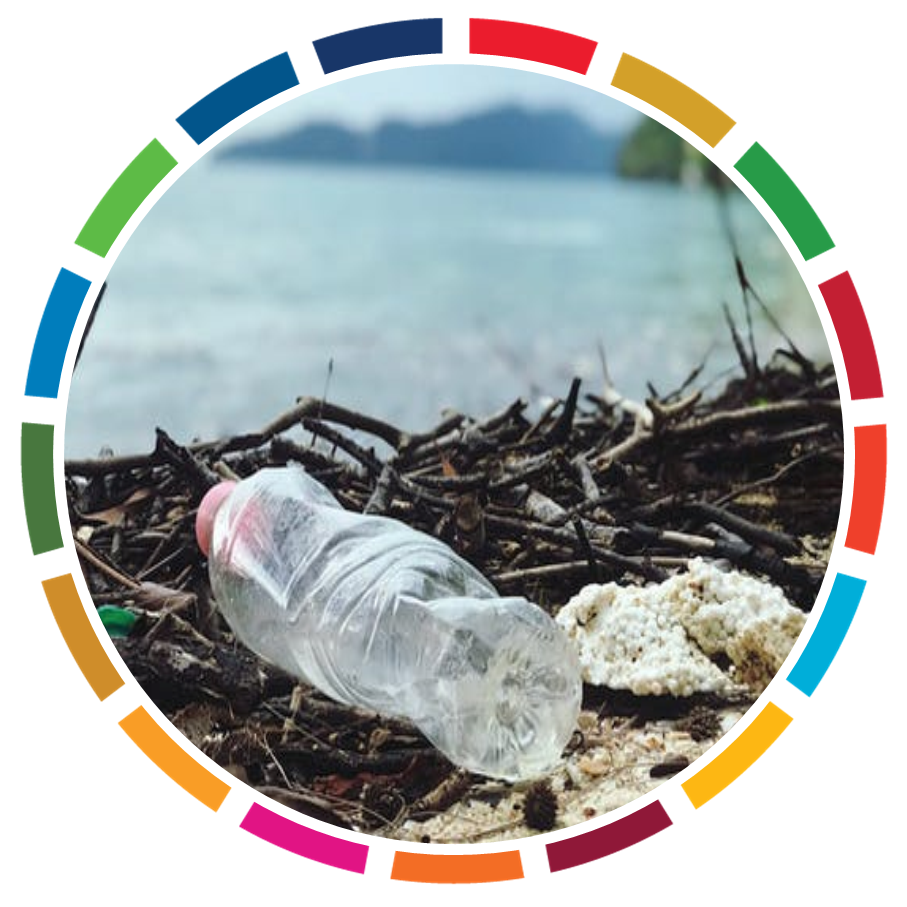WITH:
From the risk of environmental degradation, to human rights abuses, and transparency and traceability issues, supply chains affect not only companies but people and communities worldwide.
Developing resilient supply chains that are compliant with the United Nations’ Guiding Principles on Business and Human Rights (UNGP) is a joint learning process. It involves not only companies but also the civil society, governments, and other stakeholders.
“The Guiding Principles are a transformational roadmap to a future where the billions of people whose lives are impacted by corporate activities are treated with respect for their dignity and fundamental welfare – a world where human beings and corporations alike can thrive and prosper” - John Ruggie, author of the UN Guiding Principles.
As Covid-19 unveiled the vulnerability of the entire system, all stakeholders are now called to contribute to build back better. How products and services are devised and how production processes are designed, operated, regulated, and/or facilitated by governments have an impact on responsible sourcing and sustainable raw materials. Other aspects include customer preferences, how trade relations are organised, how social and environmental policies are implemented, and how capacity building is supported.
Join the dialogue between Copper Mark, the Consumer Goods Forum, the Global Platform for Sustainable Natural Rubber, Drive Sustainability and RCS Global. You will discover how to drastically enhance responsible sourcing of raw materials, parts and consumer goods. CSR Europe will also present the findings of its recent exploratory study on sector supply chain initiatives.
Conclusions will be made by a representative of the Germany's Presidency of the Council of the European Union
Specific attention will be given to how different stakeholders can work together to drive impact.
With the support of:
#SDGSUMMIT2020
DISCOVER OTHER SESSIONS
With Grace Portugal, Sodalitas, Forética, Impronta Etica, Responsible Business Forum in Poland
With the Croatian Business Council for Sustainable Development
With Wind Europe, European Aluminium, the European Textile Service Association
With the Carbon Disclosure Project and the Global Reporting Initiative
With IRMA, Deutsche Gesellschaft für Internationale Zusammenarbeit, ArcelorMittal Mining
With European Aluminium, the International Fragrance Association, Responsible Jewelry, the European Chemical Council, and Eurogas
With Copper Mark, Consumer Goods Forum, RCS Global, and the Global Platform for Sustainable Natural Rubber
With BITC Ireland, CSR Ukraine, CSR Turkey
With Responsible Business Forum Serbia and the Croatian Business Council for Sustainable Development
With CSR Hellas, CSR Cyprus and IMS Luxembourg




